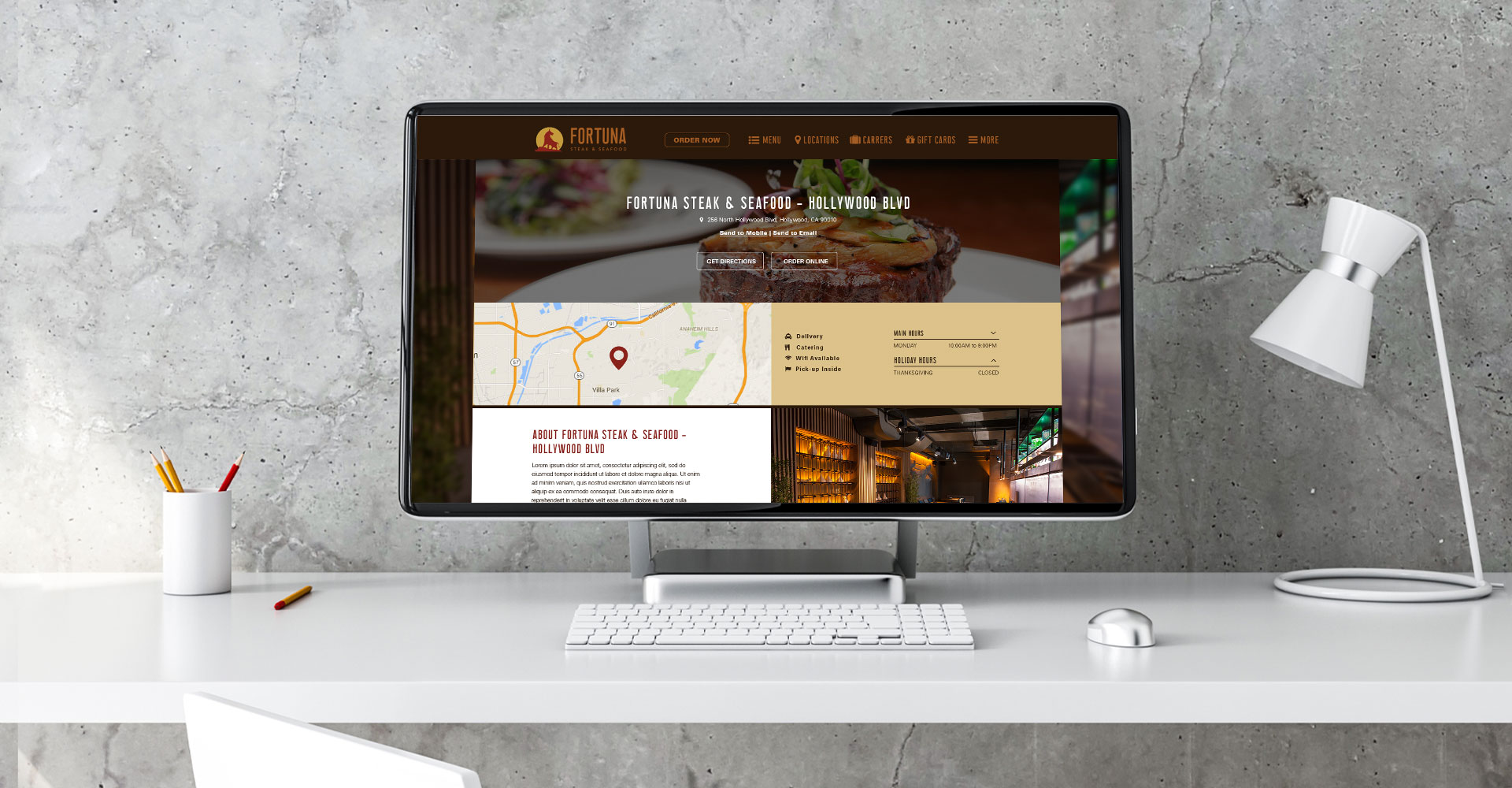
Local pages are stand-alone web pages dedicated to providing localized content and information about businesses. Local landing pages are a great way to capture organic search traffic as well as great relevant pages to build PPC around.
The most critical elements of local pages include proper NAP schema markup. Load time, keyword relevance from location to product/service offering. Proper city, state in landing page title.
There are many instances where a potential customer’s first interaction with a brand comes through organic and paid search. As such, landing pages are a vital touch-point, serving as an initial brand interaction, an avenue to nurture leads with compelling content or an opportunity to generate qualified leads through form fills.
One of the best ways to get your site to rank higher when people search locally and on mobile devices is to have lots of local content. Creating landing pages that feature very localized, down to the neighborhood perhaps, content is a great way to start building the local content and link necessary to have your pages move up in the search index for local search.
Local landing pages carry more authority for both implicit and explicit local searches. Implicit searches are something like “Chinese Food” from someone who lives in Philadelphia, versus an explicit search, such as “nail salon in Jacksonville, FL.”
Whether or not the searcher provides a geo-modifier, Google will try to make a local connection so they can show relevant search results, such as their local three-pack, which displays the names and contact information of the top three local search results.
A local landing page can also provide a platform to publish content about your local area and can serve to attract links from locally-relevant sources and generate traffic.
Depending on your landing page, you might publish…
Yes, it is important for brick and mortar businesses with multiple locations to have a local landing page for each specific location.
Local-service businesses might also consider a local landing page for each location they serve. For example, an HVAC company serving northeast Florida and southeast Georgia should have a landing page for each area.
In 2019, Google switched to a mobile-first indexing system. This means Google now looks at how your site performs on mobile devices before it looks at the desktop version.
It is critical that your local landing page is clean and easy to navigate on both mobile and desktop devices because more than 60% of all Google searches are mobile devices, which means your pages need to load fast to be competitive.
For some businesses, this may be simple: if you have two locations in two separate cities, you might just create two pages targeting those city names.
However, if you have a dozen locations or a wide service area, things can get tricky.
Which customers should you be targeting? Do local residents use the name of the city or the county? Is there a neighborhood name or shortened version (think SoHo) that is used by locals?
The answers to these questions lie in the data. Look into your analytics and make a call based on the demographics of your site’s visitors.
Native or first-party reviews are positioned on local pages in order to take advantage of various SEO and schema markup benefits as well as provide a place for consumers to give feedback on the brand or product. These reviews are also aggregated within the Brandify platform in order to perform a holistic analysis or consumer sentiment across first and third-party sources.
Yes, scheduling and appointment booking is managed through Brandify in partnership with Mono Solutions.
Yes, Based on existing product data and workflows, Brandify will display product information inventory including price, photos, title, description, local availability and any other relevant product information on local landing pages. Display logic can be introduced in order to surface products based on geography, weather conditions, popularity and other product attributes.
Yes, local pages are built based on ADA compliance and regulations. Utilizing multiple testing tools we ensure the pages are accessible to users utilizing screen readers or other assistive tools.
Yes, Brandify maintains WCAG 2.1 AA compliance for all web properties we manage.